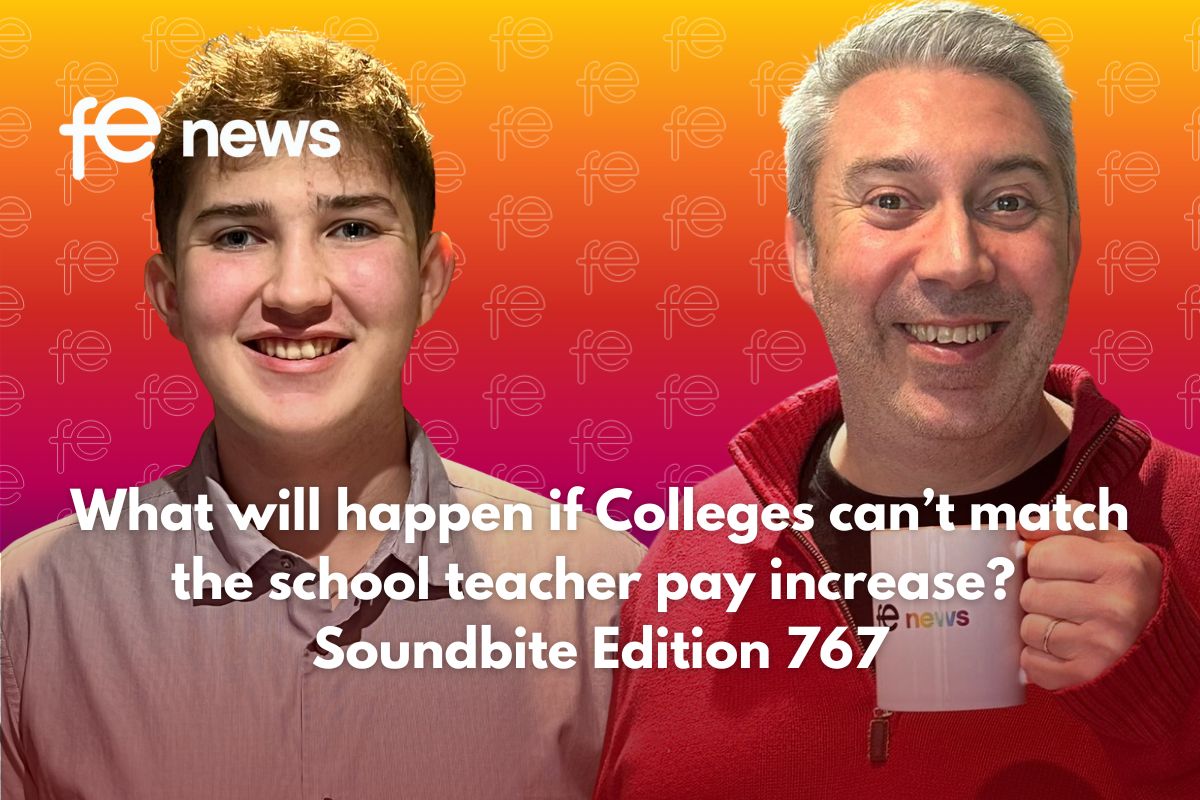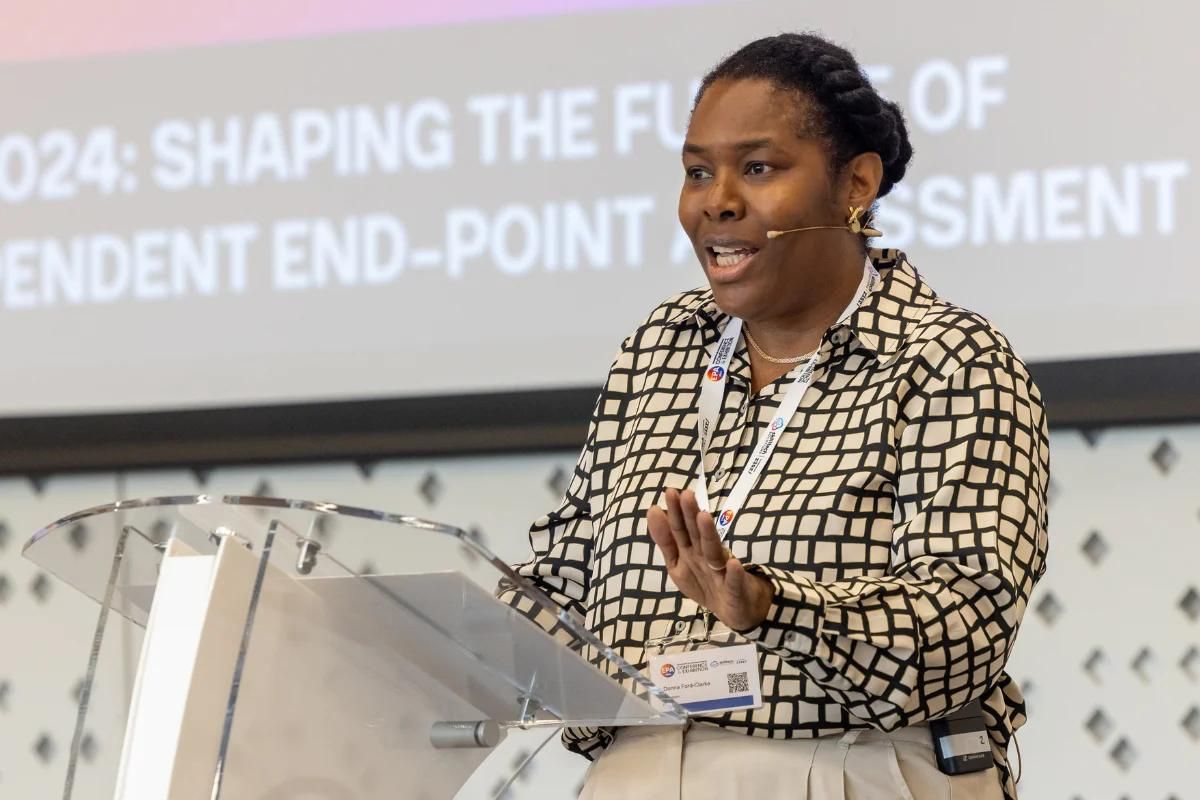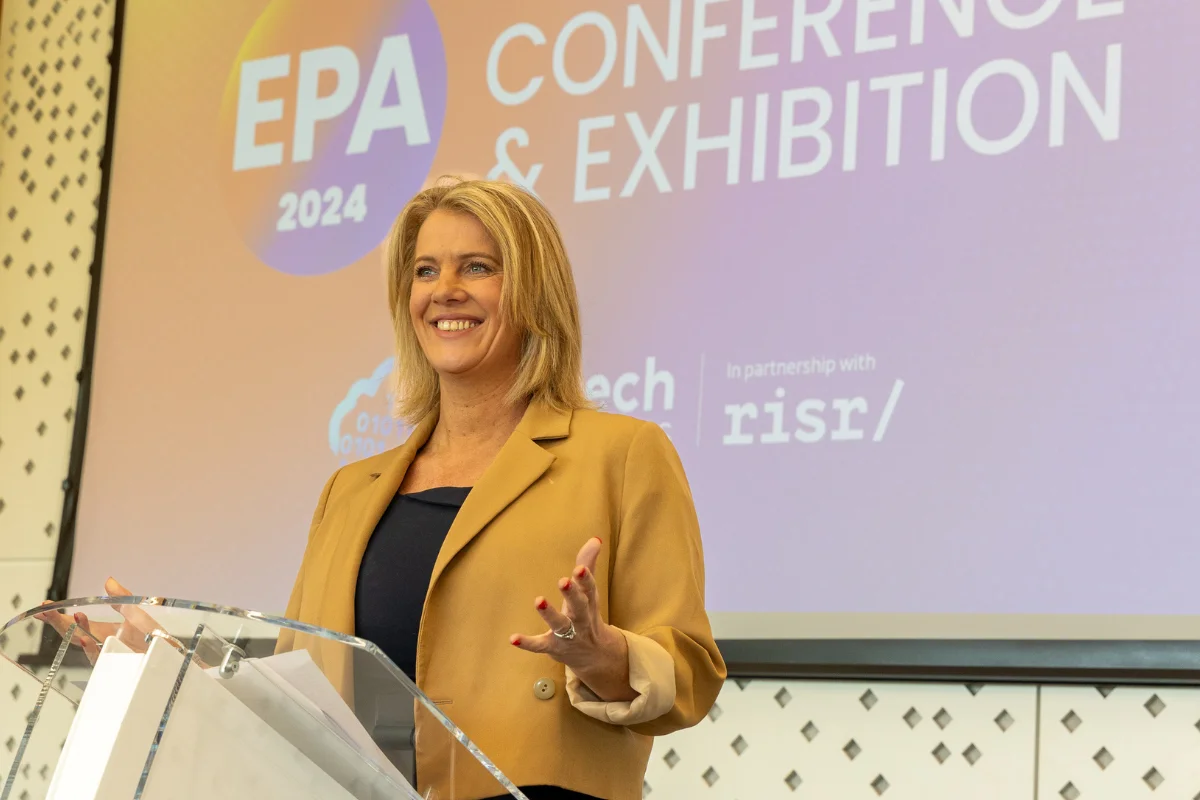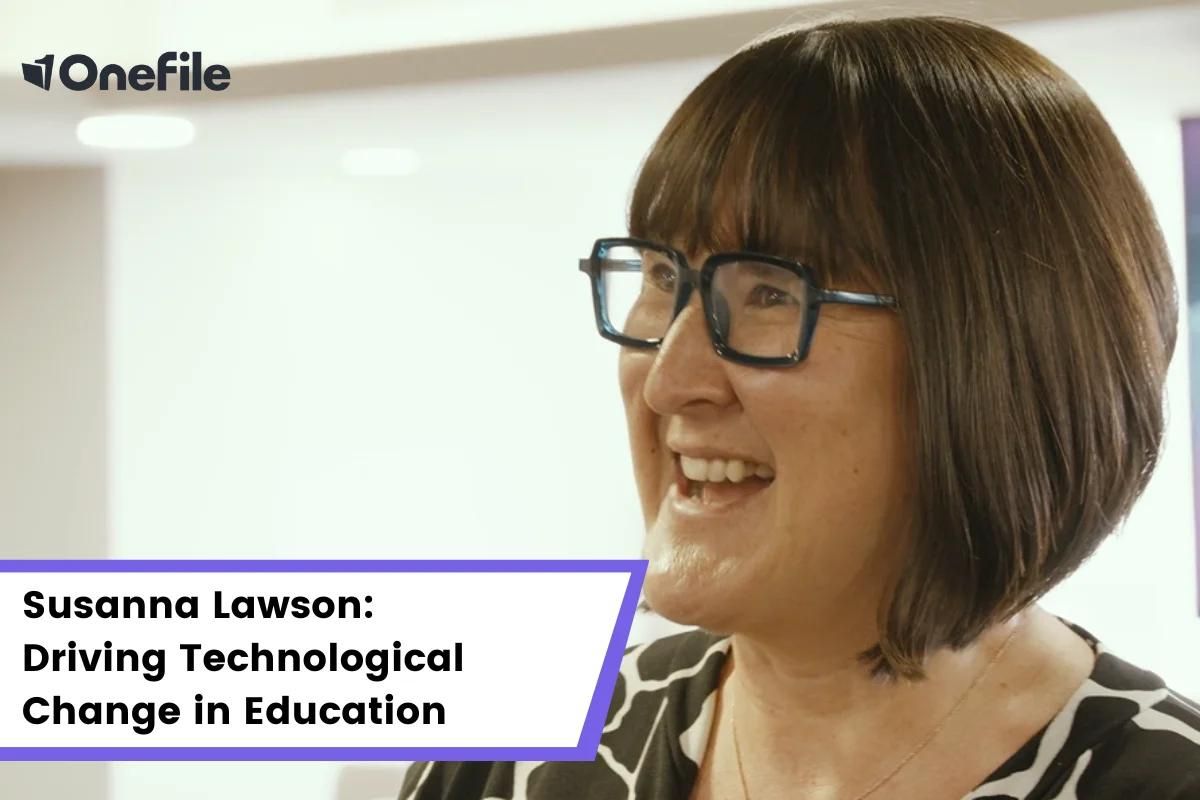Ethical Practice and FE Leadership: Quietly condoning our irrational and unfounded fear of others

Activist, author and libertarian made by and expelled from the United Arab Emirates, posted on the social media network twitter an image of his 18-month son tentatively taking his first curious steps into the world. Addressed to the Prime Minister, the image is accompanied by the words “Me and my son ‘quietly condoning’ terrorism or something.”
This post was one of several derisory responses to David Cameron’s speech made at a security conference in Slovakia on 19th June. These moves against Muslim communities happen in the same year that the Further Education Trust for Leadership (FETL) awarded the University of Hull a small grant to support an ethical leadership research project. The purpose of the project is to develop new thinking on the subject of leadership, thinking that has both academic rigour and practical utility.
Working in partnership with Professor Ann Hodgson, from UCL Institute of Education and Professor Jill Jameson, University of Greenwich, Principal Investigator, I seek to identify 10 FE colleges who would be willing to participate in the research. The research team will produce 10 case studies which ask and answers the question: what does ethical research look like in practice. More critically: how do Leaders (or leadership teams) in FE retain sight of their principles when working in a hostile and unsympathetic policy environment. In this study we are interested in what counts in FE in sharp contrast to what can be counted. The project is interested in what college leaders declare as their commitment through conversation, through mission statements and the explicit articulation of their values. But we are even more interested in how those values are embodied in a leadership team and manifest in how the colleges conducts its business. Our aim is to grasp the mist of college ethos to hold it in our hands and analyse it.
The Leadership for Learning project is steered by an advisory group with representatives from both HE and FE. Included in the FE representation is an experienced, qualified and retained OfSTED inspector. As part of the project, the research team is keen to generate case studies to inform the research while offering colleges feedback in the form of what for the moment at least we are calling a ‘leadership’ profile. This leadership profile (or ‘ethical’ profile) will be generated through one-to-one interviews, an online survey of the entire college community and focus group interviews with managers and staff plus attendance at an everyday college management meeting by a member of the research team. At the end of the process we will feedback to the college a profile that evidences their work towards Question 4 of the newly devised OfSTED framework: The successful promotion of learners’ personal development, behaviour and welfare. This is not the explicit purpose of the case study, but it is an interesting and valuable outcome that we feel case study colleges might appreciate. The profiles will be reviewed and approved by the advisory group.
There were several derisory responses to David Cameron’s ‘quietly condoning’ speech. In another social media post @AbdulAzim a PhD student of religion and sociology tweeted three pictures of himself drinking coffee. In the first mage Abdul-Aziz looks beyond the picture’s frame, to the right – out of a window. He holds to his lips a cup of coffee in a Styrofoam cup covered by a paper bag but obviously brought from one of the too many high-street shops. In the next picture the he is still holding his coffee standing in front of an open window but his eyes have mysterious shifted to looking beyond the frame of the image to the left. In the final image of Abdul’s triptych there is again coffee, a window and his eyes. But this time they have shifted focus and look directly ahead. He is making eye contact with whoever is looking at his picture: this image has been shared over 2000 times. To help the reader deconstruct the implications of the image, Abdul explains: “David Cameron is right about UK Muslims. Here is a picture of me ‘quietly condoning’ extremism.”
In a week where the UK Prime Minister ‘quietly condones’ xenophobia, colleges are placed under a statutory requirement to ‘prevent people being drawn into terrorism, which includes not just violent extremism but also non-violent extremism’: how will educators reconcile this imposition and the sanction non-compliance risks with a father’s right to spend time with his son and Abdul’s right to drink coffee wrapped in a paper cup?
If you would be interested in becoming a Case Study College or would like to find out more about the research, please contact me or visit the Leadership and Ethics in FE project blog.
Dr Carol Azumah Dennis, Programme Director, University of Hull.
Dr Carol Azumah Dennis is a researcher, writer and teacher who works at the University of Hull as a programme director for post-compulsory education and training, where she lectures on the professional doctorate and supervises PhD candidates











Responses